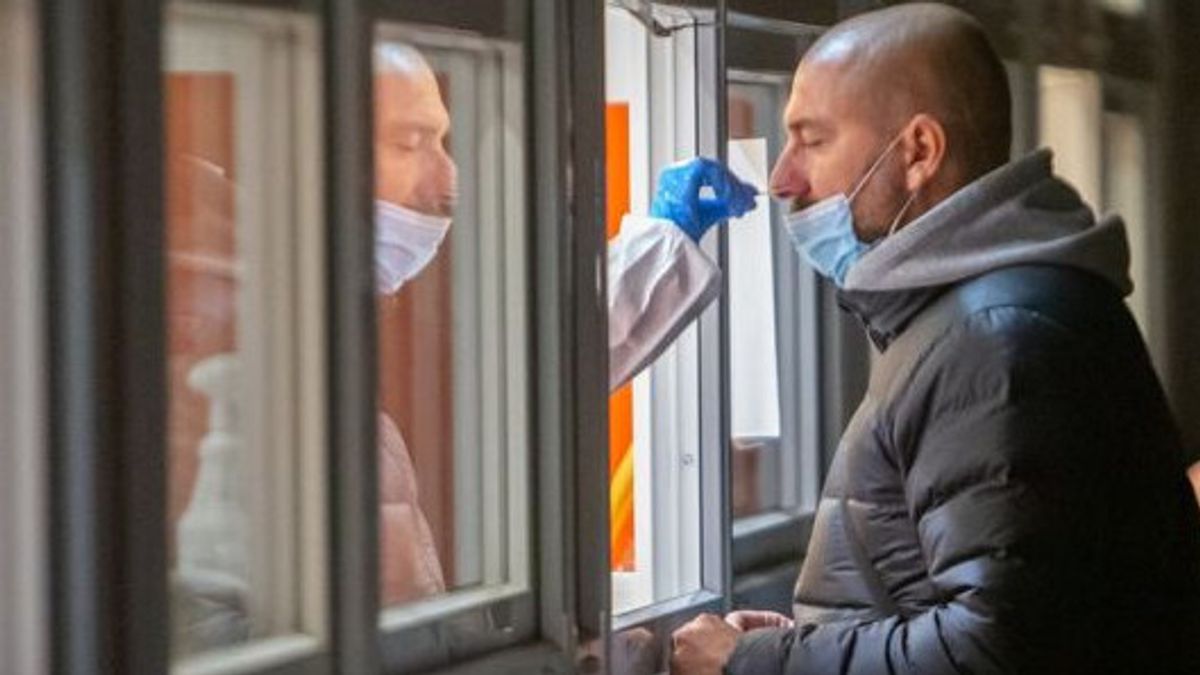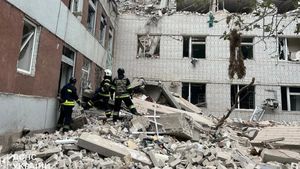
JAKARTA - For some people, undergoing a swab test to test for COVID-19 has become routine and even disturbing. On the other hand, over time, health officials in several countries have begun to question the benefits of repeated mass testing. in terms of infection control, especially given the cost of running into the billions.
Japan has avoided large-scale testing but has handled the pandemic relatively well, based on infection and death rates. Other countries, including the UK and Spain, have also scaled backtesting.
However, repeated city-wide testing remains a major part of China's "zero-COVID" plan.
"We need to learn, and nobody does it perfectly," said World Health Organization (WHO) official Dale Fisher.
The WHO is urging countries to test all suspected cases after the coronavirus was first identified. Global surveillance helps scientists understand the risk of serious illness or death as well as the risk of transmission.
Now, according to health experts, with the dominance of the Omicron variant which is said to cause relatively milder symptoms, and the availability of more effective vaccines and treatments, the government should consider more strategic policies, such as population sampling.
SEE ALSO:
In fact, WHO has never recommended mass screening of asymptomatic individuals, as is currently the case in China due to cost concerns and lack of data on its effectiveness.
One Danish study published last year concluded that a program of testing and isolation of confirmed cases helped reduce transmission by up to 25 percent.
However, health experts have questioned this estimate. A review published in Medical Virology at the end of March about the use of rapid tests for asymptomatic people in mass screening initiatives found uncertainty about their impact.
"It claims (mass testing) will stop the pandemic, and it will cut transmission by 90 percent. And it doesn't," said Angela Raffle, senior lecturer at Bristol University Medical School.
There are several possible explanations for why testing doesn't yield a greater benefit, including the fact that tests aren't perfect and many people are unwilling or unable to self-isolate after testing positive.
A pre-Omicron review in the British Medical Journal found that only 42.5 percent of patients stayed home during the entire isolation period.
In the UK, free COVID-19 testing is currently only available to government health workers, those with certain health conditions, and people admitted to hospital.
People with symptoms have to pay for the test or are simply advised to stay at home until they feel better.
Madhu Pai, professor of global health at McGill University in Canada, said it would be disastrous, as people would be completely caught off guard if a more dangerous variant emerged.
The English, Chinese, Japanese, Arabic, and French versions are automatically generated by the AI. So there may still be inaccuracies in translating, please always see Indonesian as our main language. (system supported by DigitalSiber.id)


















